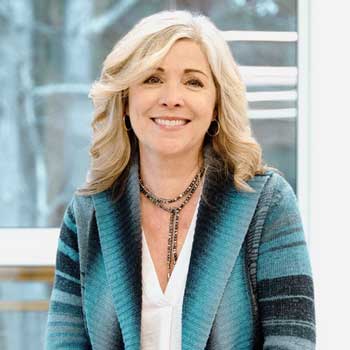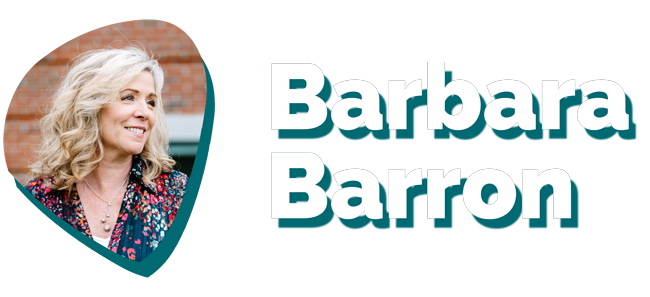by Barbara Barron | Posted October 11th, 2023 | Subscribe to this newsletter

Recently I was working with a client school on the community appeal for their capital campaign.
Like most appeals, this one was electronic, and it required the need for thoughtful customized segments.
As I’ve often written, when we write a generic appeal, we’re speaking to no one because it’s not personal and the reader knows it.
We ended up with six segments. Even then, there were those special one-offs. For example, we had the family whose financial situation has changed from last year, and the family with a pledge booked but has yet to make the first installment. Then there is the best one: the super special solicits that require at least one in-person conversation before any letter is going out.
My regular readers will know that it’s that last group I am focused on. Those 3-5 (or 10-15, lucky you!) families who have the potential to make or break this whole game. They must be handled carefully. And by that, I mean, personally.
So, let’s decide this group gets no letter at all. Do what you must to have a conversation instead.
Have you subscribed to this newsletter yet? It only takes a minute.
Meanwhile, back to the committee of volunteers that was understandably interested in using technology to make this project easier and more streamlined. As good millennials, technology is their wheelhouse. They trust it. And while I love certain aspects and uses of tech to customize our work – to add an element of “surprise and delight” when we can, frankly – there are moments when doing it old school is smarter and better. And frankly, saves time.
Here’s what I mean: those one-offs don’t just need an approach that is different from the segment (“you generously gave $X gave last year, please consider a gift of $Y this year”) but one that is unique to them. Each one. Sure, some of the basic language of the appeal–the case for why and the impact a gift will bring to the school and its mission-driven program—but the appeal itself needs to speak to them.
Technology can be a friend in these moments, but also a foe.
If you’ve got a system that can pull the name of the attending student, or alum, or other pertinent info about that family and its giving history, then cool. Use it. But too often it falls short. A whole lot of time and frustration on workarounds and you end up with meh. Especially in small schools when we’re working with maybe 200 appeals.
The objection to doing it individually and outside of some combination of queries/spreadsheets/csv files/merge platforms is that it’s going to take too much time. You’re pressed, this project is already a day late. I understand the pressure. But your time is the most valuable and controllable asset you have! If you’re worried that the additional time is too costly, consider the possible outcome.
Would you spend an extra 15-30 minutes to secure a 5 or 6-figure gift? I suspect you would. Every day and twice on Sunday.
Technology can be grand. We’d be lost most days without it. But in our world, the most powerful tool we have is the opportunity to sit with a family, to talk about our projects and the impact they will have or are having on the lives of our students and faculty, today and into the future. To have the honor to ask a family to support our schools, our initiatives, our campaigns, is gold. Take the opportunity.
Go do what you are uniquely suited to do.
Your presence and passion are way cooler and better than any technology.
Here’s to you and all you’re doing.

Barbara Barron
[email protected]
Share this post:

BARBARA BARRON is one of the most respected and highly sought-after independent advancement professionals in the country, having worked with dozens of schools in every corner of the United States.
She has raised over $20 million for schools where she served as the Director of Development. Barbara is a New York Times bestselling author, speaker, and presenter who currently advises dozens of schools in various capacities. She is considered a thought leader in the world of advancement, with her writing widely shared by professionals in development offices worldwide.
More Advancement Articles






